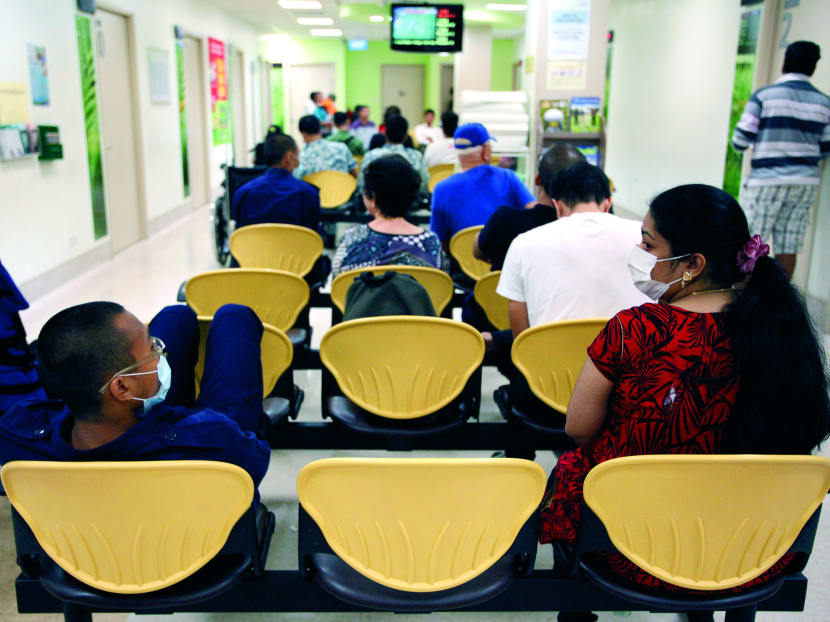Education, healthcare and recreation costs continue to rise
SINGAPORE — While rising housing and transport costs have been reined in by the authorities, latest numbers from the Department of Statistics showed that education, healthcare and recreation costs continued to rise largely unchecked between July and December last year, hitting all income groups in the pocket.
SINGAPORE — While rising housing and transport costs have been reined in by the authorities, latest numbers from the Department of Statistics showed that education, healthcare and recreation costs continued to rise largely unchecked between July and December last year, hitting all income groups in the pocket.
Economists TODAY spoke to attributed the inflationary pressures on these service-oriented sectors to the tight labour market and higher manpower costs for businesses as a result of the Government’s move to moderate foreign labour inflow.
Citing the rising cost of private tuition, for instance, they added that Singaporeans can manage the cost of living to a certain extent based on lifestyle choices, but there is always scope for the authorities to provide more support, especially for the lower-income households.
The Singapore Consumer Price Index (CPI) released by the statistics department yesterday showed that CPI-All Items for general households rose by 2.4 per cent last year, lower than the 4.6 per cent increase in 2012.
The income group in the lowest 20 per cent saw education costs rise 3.4 per cent between January and June last year, and by 3.5 per cent in the second half of the year. This is higher than the rise experienced by the middle income group — the middle 60 per cent — which saw education costs rise 3 per cent for the year.
Healthcare costs rose 3.9 per cent for the lowest 20 per cent group and 4 per cent for households in the top 20 per cent.
Mr Leong Wai Ho, Senior Regional Economist at Barclays, said high rates of inflation in such service-oriented sectors is in part inevitable because they are driven by higher wage costs — owing to the tight labour market — and these sectors are also labour-intensive. He added that for healthcare, treatments have “become more elaborate”, adding to costs.
Agreeing, CIMB Research Regional Economist Song Seng Wun said these cost pressures are likely to remain for all households, given the continued tightening of the foreign manpower supply and growing demand for healthcare.
The Government can mitigate the effect of rising costs with rebates and cash payments and control imported inflation using the exchange rate, Mr Song said. But inflation for some sectors is inevitable. “You can’t prevent it from going up because that’s the economics of limited supply and strong demand,” he said.
Still, overall inflation is “mild” compared to previous years, economists said, noting that the Monetary Authority of Singapore’s move to control Certificate of Entitlement prices by restricting motor vehicle loans in February last year had dampened transport costs. The raft of property cooling measures such as loan curbs and changes to public housing policies introduced last year also helped haltered housing inflation.
Mr Song also pointed out that in terms of education, households can decide to do without private tuition for their children, if costs are too much.
Mr Leong said while healthcare costs here are not rising as quickly as in other countries, the Government should focus on targeted measures to offset the rising healthcare costs, while improving quality and delivery.
UOB economist Francis Tan said that while education and healthcare inflation rates have remained stable at between 3 and 4 per cent over the past few years, it does not mean that it is “healthy”. “The Government will have to raise productivity levels if it wants keep costs low and it is already looking into those areas. Technology could be one way,” he said.







